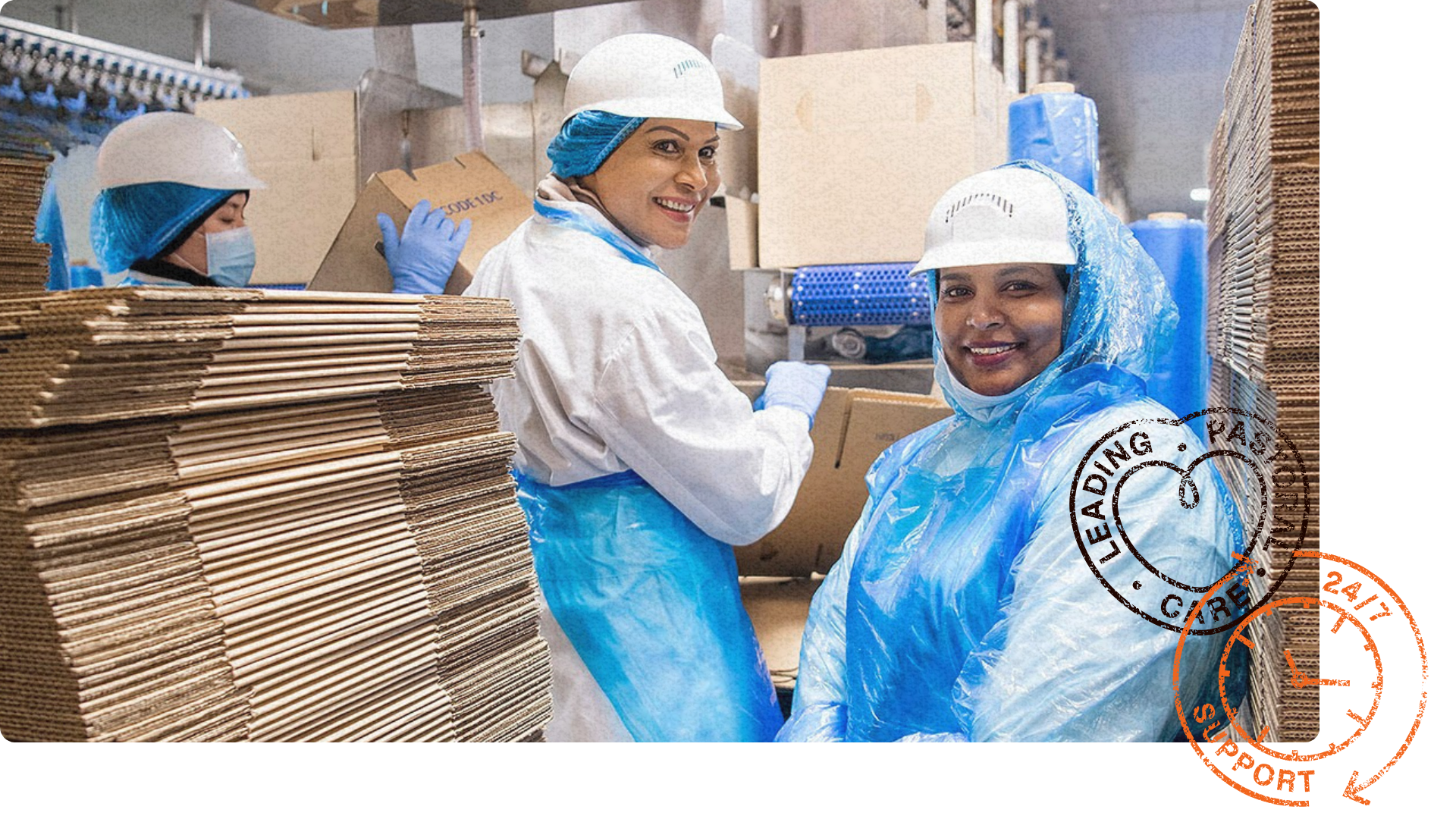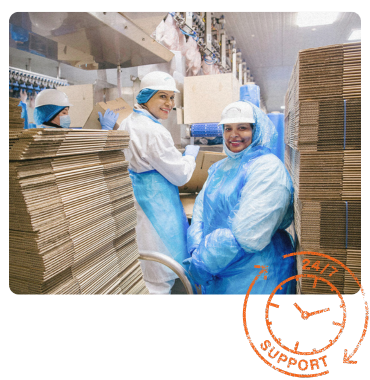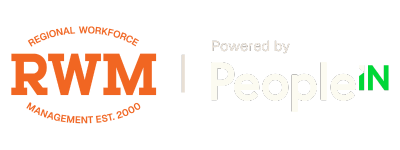Your guide to living and working in Australia


Australia is a land of vast landscapes, diverse cities, and welcoming communities. Whether you're here for a short-term adventure or a longer stay, there’s something uniquely rewarding about living and working in this beautiful country. From bustling cities to quiet rural towns, Australia offers a variety of experiences, and understanding what to expect - and how to manage the costs of living -can help you make the most of your time here.
Whether you're in a city like Sydney or Melbourne, or living in a more remote, rural area, understanding what these areas are like and how your living expenses fit into your budget is key to enjoying your stay without any surprises.
The Australian lifestyle
Living in Australia offers a diverse mix of city and country life. In major cities, you’ll find a fast-paced lifestyle with everything from vibrant café culture to extensive public transport networks. Here, you can explore cosmopolitan dining, exciting nightlife, and a strong arts scene. On the other hand, if you're working in more rural areas or regional towns, the pace slows down, but you’ll be rewarded with stunning natural landscapes and a sense of community.
Whether you’re drawn to city living or the quiet beauty of Australia’s countryside, each experience is special in its own way. Rural life, for example, allows you to connect with nature, enjoy fresh air, and often provides a tight-knit community where everyone looks out for each other.
Accommodation costs
One of the first things you’ll need to figure out when settling into Australia is where you’ll live. Accommodation costs vary across the country, with major cities like Sydney, Melbourne, and Brisbane being more expensive than regional or rural areas.
In larger cities, you can expect higher rents, but the good news is that there’s a wide range of options, from apartment living to shared housing. If you're on a budget, sharing a flat or house with others is a popular choice, and it’s also a great way to meet new people.
If you're working in regional areas, accommodation tends to be more affordable. Many of our agricultural employers provide on-site housing, or you can find shared accommodation in local communities. No matter where you stay, it’s worth checking out local real estate listings, Facebook groups, or community noticeboards to find the best deals.
Managing food expenses - fresh, local and affordable
Food is another essential part of living in Australia, and there are plenty of ways to manage your food expenses wisely. If you're in a major city, supermarkets are well-stocked, but you may find that local farmers' markets and fresh produce stalls in regional areas offer better prices, particularly for fruits and vegetables. The cost of food can be higher in cities, but cooking your own meals and buying in bulk can help lower your overall food costs.
For a more authentic Australian experience, support local farmers by buying fresh produce from markets or roadside stalls. In some rural areas, growing your own food can even be an affordable way to supplement your grocery bill, and it’s a rewarding experience that allows you to connect with your surroundings.
Transportation
Getting around Australia is a crucial part of everyday life, whether you're in a city or working in the bush. In cities, public transport systems are well-established, with buses, trains, and ferries providing an affordable way to move around. If you're living in more remote areas, however, public transportation may not be as available, and many people rely on cars to get from place to place.
Owning a car can be an efficient way to get around, but remember to factor in ongoing costs such as fuel, maintenance, and insurance. Carpooling with friends or colleagues is a popular way to save on fuel, especially if you’re working in rural locations.
Utilities and internet - staying comfortable and connected
Electricity, water, and gas are the basics you’ll need to factor into your budget. Utility prices in Australia can be a little higher in major cities, but they’re often more manageable in regional areas. By being mindful of your energy consumption - switching off lights when you don’t need them or taking shorter showers - you can reduce your monthly utility bills.
Internet and phone services are essential, especially if you're staying in Australia long-term. In cities, there’s a wide variety of providers offering competitive plans. In regional areas, make sure the service provider offers coverage in your area. Prepaid phone plans or bundling services can help save money.
Entertainment
Living in Australia isn’t just about working - it’s also about enjoying the many experiences this country has to offer. Fortunately, there’s no shortage of low-cost or free things to do. Australia’s natural beauty is one of the biggest attractions, with countless beaches, national parks, and hiking trails waiting to be explored. You can spend your weekends swimming, hiking, or just relaxing in nature - without spending a dollar.
In cities, there are often free events such as community festivals, markets, and outdoor concerts. Even if you’re in a more rural area, there’s likely a local event or gathering that you can participate in, whether it’s a farmers’ market, a community fair, or a local celebration.
What to expect as a worker in Australia
Australia’s job market is diverse, with opportunities in almost every industry. Whether you're looking for work in hospitality, retail, agriculture, or trades, the Australian workforce is known for being friendly and welcoming to newcomers. The work culture is generally relaxed, and you'll often find that employers value a positive attitude and willingness to learn.
Many temporary and seasonal jobs are available, especially for backpackers, and these roles often provide a chance to meet people from all over the world. In return for your hard work, employers are generally good about ensuring fair wages and safe working conditions.
Ready to live and work in Australia?
If you're ready to embark on your Australian adventure, RWM is here to help. We offer support to job seekers looking for opportunities across Australia, from farm work to hospitality roles and more. We’ve worked hard to create pathways for skilled workers from across the globe. Food processing occupations including boilermakers, fitters, heavy diesel mechanics fall into the temporary skill shortage visa 482 so you can utilise your skillset in Australia.
We’ve worked hard to create pathways for skilled workers from around the globe. Food processing occupations, including boilermakers, fitters, and heavy diesel mechanics, fall into the Temporary Skill Shortage Visa (482), enabling you to utilise your skillset while meeting all Right to Work in Australia requirements.
Our international recruiters support you every step of the way from video interviews and skills assessments to visas and compliance, ensuring you’re fully prepared for your move to Australia.
To find out how you can work in Australia, consult a migration agent in your country here.
Already have your visa and looking for a job in Australia? Search for available opportunities below or
contact RWM here.


